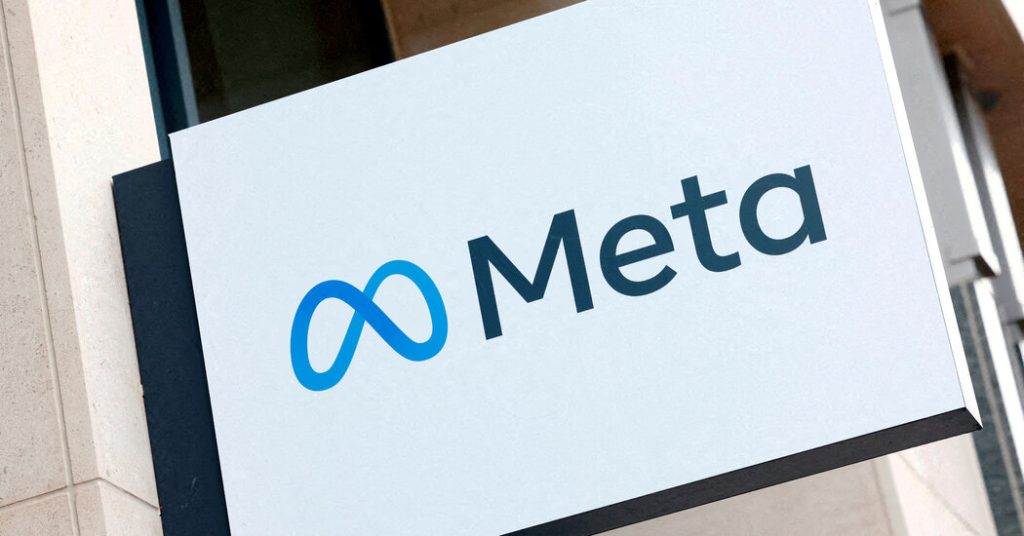Meta’s recent overhaul of its content moderation policies marks a significant shift in the company’s approach to combating misinformation and signals a strategic realignment with the incoming Trump administration. The core change involves dismantling the existing fact-checking program, which relied on third-party news organizations and fact-checkers to assess the veracity of content shared on Meta’s platforms. This program, implemented in the wake of the 2016 election, was designed to address the proliferation of false and misleading information, particularly concerning foreign interference. Meta now intends to replace this system with a user-driven approach, empowering users to append notes and corrections to potentially inaccurate posts, mirroring the Community Notes feature on X (formerly Twitter).
This policy reversal signifies a return to Meta’s emphasis on free expression, a principle that company executives argue had been overshadowed by excessive content restrictions and over-enforcement. Joel Kaplan, Meta’s newly appointed global policy chief and a prominent conservative figure within the company, characterized the shift as an effort to “undo the mission creep” that had led to overly restrictive rules. Mark Zuckerberg, Meta’s CEO, echoed this sentiment, stating that the existing fact-checking system had resulted in too many errors and instances of censorship. He acknowledged the potential for an increase in harmful content as a consequence of this decision, framing it as a necessary trade-off to protect free speech.
The timing of this announcement, coupled with other recent actions by Meta, strongly suggests an attempt to mend fences with the Trump administration and its conservative base. Since Trump’s re-election, Meta has actively sought to improve its relationship with the incoming president and his allies. This includes a private dinner between Zuckerberg and Trump at Mar-a-Lago, a $1 million donation to Trump’s inauguration committee, the appointment of Dana White, a close Trump associate, to Meta’s board, and the elevation of Joel Kaplan to a senior policy role. These moves align with Zuckerberg’s observation that recent elections represent a cultural shift toward prioritizing free speech.
The dismantling of the fact-checking program is likely to be welcomed by conservatives who have long criticized Meta’s content moderation practices, viewing them as biased against right-leaning viewpoints. Trump himself has been a vocal critic of Zuckerberg and the fact-checking system, accusing it of unfairly targeting conservative users. The decision also aligns with Elon Musk’s approach to content moderation on X, where Community Notes play a central role in flagging potentially misleading information. Musk, a significant Trump donor, has increasingly positioned X as a platform supportive of the Trump presidency.
The transition to a user-driven moderation model raises questions about its effectiveness in combating misinformation. Critics argue that relying on users to identify and correct false information may not be sufficient to prevent the spread of harmful content, particularly in the absence of expert verification. The potential for manipulation and abuse of the system also remains a concern. Furthermore, the removal of restrictions on topics like immigration and gender, as announced by Zuckerberg, could further exacerbate the spread of biased or misleading narratives.
The shift in Meta’s content moderation strategy represents a pivotal moment in the ongoing debate over the role of social media platforms in regulating online discourse. While proponents of free speech may applaud the move as a necessary step to protect open expression, critics fear it could lead to a resurgence of misinformation and further polarize online communities. The effectiveness of the new user-driven approach and its long-term impact on the information ecosystem remain to be seen. The relocation of content moderation teams from California to Texas, intended to address concerns about political bias, also adds another layer of complexity to the evolving landscape of online content regulation.


